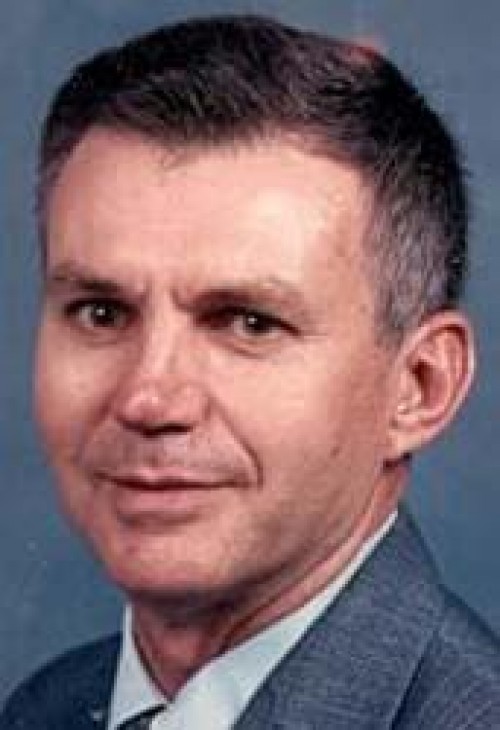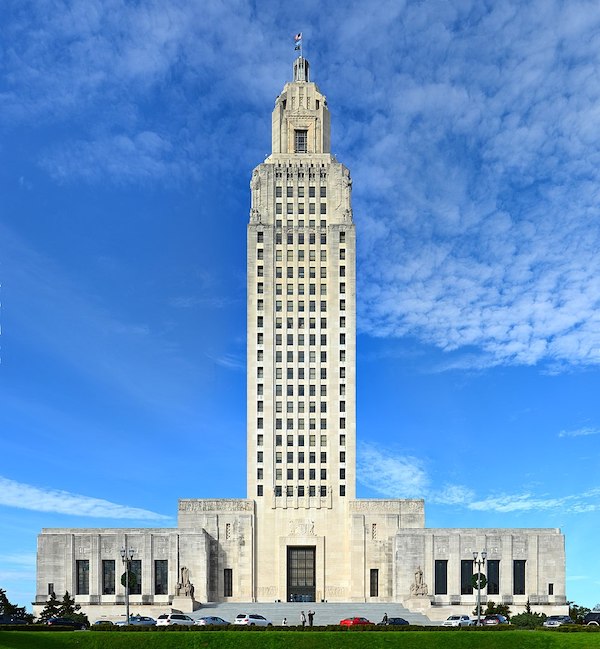
James "Jim" Taylor Folse
October 21, 2008October 23
October 23, 2008After one year in full operation, the Terrebonne Parish DWI Treatment Court will graduate 15 participants from the program next Thursday, Oct. 30.
The DWI Court, the first of its kind in Louisiana, was created to prevent first and second-time drunk driving offenders from becoming regulars in the judicial system.
“The District Attorney’s Office met with the judges, and we told them what we would like to do is a preventative type court with misdemeanor cases,” said Danny Smith, court administrator for the DWI and drug treatment courts.
Misdemeanor drunk driving offenders are given a choice to enter a plea in criminal court or be sent to DWI court. However, offenders are asked by the district attorney’s office to have their case moved to DWI Court.
“If they will refuse, we will go to the judge and ask for permission to transfer the case to DWI Court,” Smith said. “If the judge still wants to hear the case, then we ask him to sentence the defendant to DWI Court.”
Usually the judges comply, but sometimes they want to “put the defendant in their own program,” Smith said.
DWI Treatment Court does not replace the sanctions of a normal DWI I or II sentence. It is additional help that hopes to reduce recidivism, prevent alcohol abuse and protect the public, according to John LeBlanc, the governor’s representative of highway safety.
In 2007, drunk driving caused the deaths of nearly 450 people in Louisiana. Smith helped write the proposal that got a three-year state grant through the Louisiana Highway Safety Commission to begin the DWI Treatment Court.
Prior to its Sept. 1, 2007 start, the parish experimented with the DWI Court for a year to plan out how it would work. Six people were selected and graduated that experimental session.
The DWI Treatment Court is held Thursday mornings in Judge John R. Walker’s courtroom preceding drug court. The yearlong program is broken down into three phases – education, therapy and more intense therapy.
The participants meet with Judge Walker biweekly and he is given a report on whether they are attending classes and complying with rules.
“We breathalyze them on every contact,” Smith said. “They are also drug tested twice a week because we found after evaluating them, about 50 percent of the people charged with DWI have additional drug problems.”
Smith said the goal of the district attorney’s office was to get 30 defenders in the program the first year. They have pleaded in 45 so far, but can only maintain about 30 on its roll.
The treatment court operates by charging $25 per participant per week and shares some employees with drug court.
Officials from the Terrebonne Parish DWI Treatment Court headed a panel discussion at the District Attorneys Association state conference last month urging other parishes to following their lead.
Along with Smith and Walker were District Attorney Joe Waitz Jr. and DWI Court Liaison State Trooper Jody Blanchard.
“We tried to explain that the way to handle DWIs is to stop it before they get too seriously involved with drinking and driving,” Smith argued. “We feel at that stage, we can modify their behavior. If we wait until they are already felons, it’s too late.”
Three other parishes have started DWI Courts since Terrebonne’s inception – St. Mary, New Iberia and Monroe.
While one year is not enough time to measure the success of the DWI Treatment Court, Smith said it has already made a positive effect toward public safety.
“We have not had any of our clients re-arrested for any DWI cases,” he said. “When the first six graduated, they told us that the program had changed their lives and opened their eyes to the dangers of drinking and driving. We expect that from everyone who graduates the program.”








